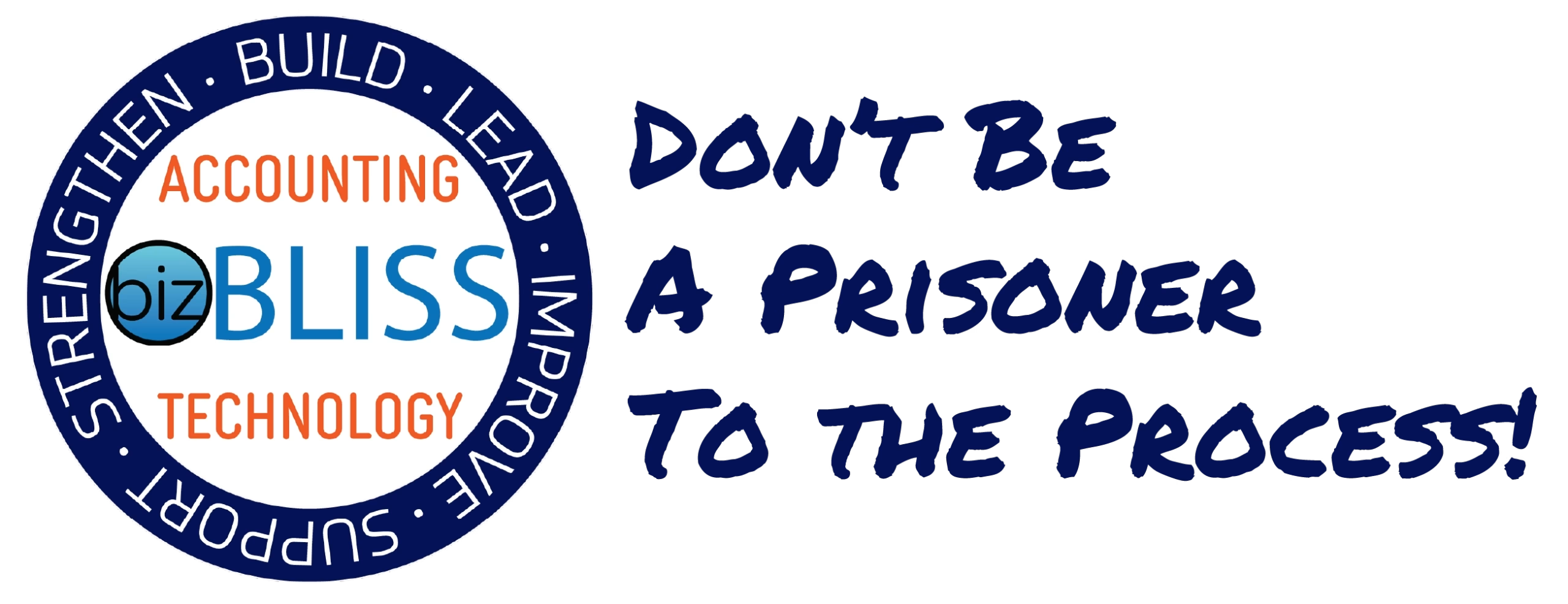Key Tactics for Mastering Time Management

In today’s fast-paced world, time management has become a crucial skill for achieving success. With so many demands on our time, it can be challenging to stay organized and accomplish everything we need to do. However, by implementing effective time management techniques, we can maximize our productivity and achieve our goals. In this blog post, we will explore some proven strategies for managing time effectively and discuss how they can contribute to our overall success.
The Importance of Time Management
As a new business owner, time management can be difficult at times. We often have to wear many hats, and balancing the right amount of time can offer its challenges. For me personally, I try not to multitask and to utilize the KISS methodology. Here Are some pointers on what might work for you.
Understanding your priorities
- Identify your most important goals and projects
- Determine what tasks can be delegated or eliminated
- Set clear and realistic deadlines for each project
Creating a schedule
- Block out dedicated time for working on your ideas
- Use time management techniques such as the Pomodoro Technique or time blocking
- Prioritize your tasks and allocate time accordingly
Avoiding distractions
- Minimize distractions by turning off notifications and creating a focused work environment
- Use productivity tools and apps to stay on track
- Practice mindfulness and stay present in the task at hand
Maximizing Productivity
Finding your most productive time
- Identify when you are most alert and focused
- Schedule your most important tasks during your peak productivity hours
- Take advantage of your natural energy levels to accomplish more
Breaking tasks into smaller steps
- Divide your projects into manageable tasks
- Set specific and achievable goals for each step
- Celebrate small victories to stay motivated
Utilizing technology and automation
- Explore tools and software that can streamline your workflow
- Automate repetitive tasks to save time
- Leverage technology to collaborate and communicate effectively
Overcoming Procrastination
Personally, this was one of the toughest things for me to overcome. I would often stare to a blank piece of paper not knowing how to start. This would carry over to other tasks as well. For me, the fear of failure and/or fear of criticism was my biggest problem.
Understanding the root causes of procrastination
- Fear of failure or success
- Lack of motivation or interest
- Perfectionism or fear of criticism
Overcoming procrastination
- Break tasks into smaller, more manageable chunks
- Set deadlines and hold yourself accountable
- Find ways to stay motivated, such as rewarding yourself or seeking support from others
Cultivating a growth mindset
- Embrace challenges and view setbacks as opportunities for growth
- Focus on progress rather than perfection
- Practice self-compassion and learn from mistakes
Conclusion
Implementing your ideas requires not only creativity and passion, but also effective time management and productivity strategies. By understanding your priorities, maximizing your productivity, and overcoming procrastination, you can find the time and motivation to turn your ideas into reality. Remember, it’s not about finding time; it’s about making time for what truly matters to you. So go ahead, take that first step, and start bringing your ideas to life.
How can I improve time management?
We all have asked ourselves this question from time to time. Here are some tips that might help you improve your overall time management skills. To begin, try focusing on two or three that you can find the most improvement with. Work on those, and then pick two or three more to get you pointed in the right direction.
- Set clear goals: Start by identifying your priorities and setting clear, achievable goals. This will help you stay focused and motivated.
- Prioritize tasks: Determine which tasks are the most important and urgent, and tackle them first. This will ensure that you are making progress on the most crucial tasks.
- Create a schedule: Plan your day by creating a schedule or to-do list. Allocate specific time slots for different tasks or activities. This will help you stay organized and make the most of your time.
- Break tasks into smaller steps: Large tasks can often feel overwhelming. Break them down into smaller, more manageable steps. This will make the task seem less daunting and easier to tackle.
- Avoid multitasking: Contrary to popular belief, multitasking can actually decrease productivity. Instead, focus on one task at a time and give it your full attention.
- Minimize distractions: Identify and minimize distractions that can derail your focus and productivity. This may include turning off notifications on your phone, closing unnecessary tabs on your computer, or finding a quiet workspace.
- Learn to say no: It’s important to set boundaries and learn to say no to tasks or commitments that are not aligned with your priorities or goals. This will free up time for the things that truly matter to you.
- Take regular breaks: Taking short breaks can actually improve productivity and focus. Schedule regular breaks throughout your day to recharge and avoid burnout.
- Delegate tasks: If possible, delegate tasks to others to lighten your workload. This will free up time for you to focus on higher-priority tasks.
- Reflect and adjust: Regularly reflect on your time management strategies and assess what is working and what needs improvement. Adjust your approach as needed to optimize your productivity.
Additional Resources
The amount of work required to complete a given task will expand to fill the time allotted to the task, according to Parkinson’s law.
https://www.techtarget.com/whatis/definition/time-management
By conserving energy, people can achieve better productivity while working at a less intense pace, according to the 70% rule.
https://www.techtarget.com/whatis/definition/time-management
A task always takes longer than estimated to complete, according to Hofstadter’s law.
https://www.techtarget.com/whatis/definition/time-management
